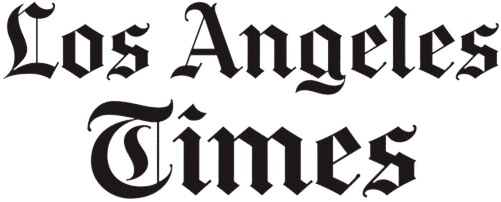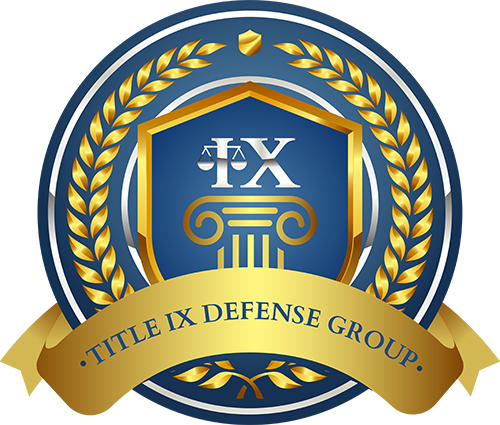Title IX is a federal civil rights law enacted in 1972 that people commonly associate with the obligation of educational institutions to provide equity in sporting activities on the basis of sex. While that is one aspect of the law, Title IX additionally applies to the actions of private individuals attending U.S. colleges and universities, creating a huge amount of legal and reputational risks for accused students and faculty, accused of misconduct facing investigations or disciplinary proceedings.
Thanks to the Trump administration’s new policies in August of 2020 around Title IX defense, the accused are now fully entitled to due process, colleges and universities are required to conduct disciplinary proceedings when certain allegations are made, such as those relating to sexual harassment, sexual assault, domestic violence, academic misconduct, and other code of conduct violations.
Unlike typical criminal investigations however, the accused in Title IX proceedings may not automatically be provided the same due process and other civil rights protections that are required in criminal investigations. For example, a student or faculty member may not be provided with a defense attorney or even told they are allowed seek out legal counsel to defend them in a Title IX investigation or disciplinary hearing. Sometimes the college or university will nudge the student to use a Title IX advisor from the school itself!
At the same time, universities and other academic institutions often face great internal and external pressure to quickly assign blame and impose harsh disciplinary measures against alleged offenders even where conflicting or seemingly insufficient evidence of wrongdoing exists.
The great news is you have rights and due process, and a chance to strategically present your side of the story! If you or your child is being investigated regarding a Title IX or campus misconduct violation, now is the most crucial time to get a defense lawyer on your side.
PRESUMPTION OF “INNOCENCE” AND STANDARDS OF PROOF
Embedded in every school procedure must be a presumption that the accused person is not responsible for the alleged actions, until proven otherwise, and a reasonably prompt time frame for the entire grievance process to go through to a conclusion, including appeals.
THE FORMAL COMPLAINT AND COMMENCING THE INVESTIGATION
The Title IX statute requires that every college or university investigate allegations made in any formal complaint. The school must also send written / e-mail notice to both the accuser and the accused of the accusations after receipt of this formal complaint.
SUBMISSION OF EVIDENCE IN FURTHERANCE OF THE INVESTIGATION
The college or university must allow the parties to submit their own evidence, including expert witnesses or reports, and the school cannot restrict either the complainant or respondent’s ability to gather evidence, such as through so called “gag orders.”
RIGHT TO AN ADVISOR, AN ATTORNEY, AND TO SUBMIT AND EVIDENCE
During the investigation, colleges MUST allow either party to have an advisor assist them, which can be an attorney. The University must also provide the advisors, respondents, and complainants with the evidence it gathered and allow for at least ten (10) days for the parties to examine and respond, along with a report summarizing the evidence.
DISMISSAL OF FORMAL COMPLAINTS
Any allegations that, even if true, do not comport with the definition of sexual harassment, must be dismissed, at least for these specific proceedings. The school may also dismiss a complaint if the accuser indicates in writing that they want to withdraw the complaint, if the accused person is no longer at the school, or if the school is unable to obtain enough evidence
TITLE IX HEARINGS
Through their advisors, both parties can present questions and cross-examine their adversaries and witnesses at a TITLE IX hearing. These are almost always conducted virtually, via Zoom or video conference.
IMPOSING SANCTIONS, PUNISHMENT AND PENALTIES
First, and perhaps most obviously, Title IX requires that a school provide remedies when a respondent is found responsible for sexual harassment. Equally relevant, the college must treat the accused fairly and not impose any punishments or sanctions unless there is an indication of responsibility.
If you or your child is facing an alleged Title IX violation on campus – whether they’re being investigated, have an upcoming disciplinary hearing, or they’ve been expelled from school, contact our experienced, compassionate Title IX defense lawyer 24/7 for a free case evaluation.
















